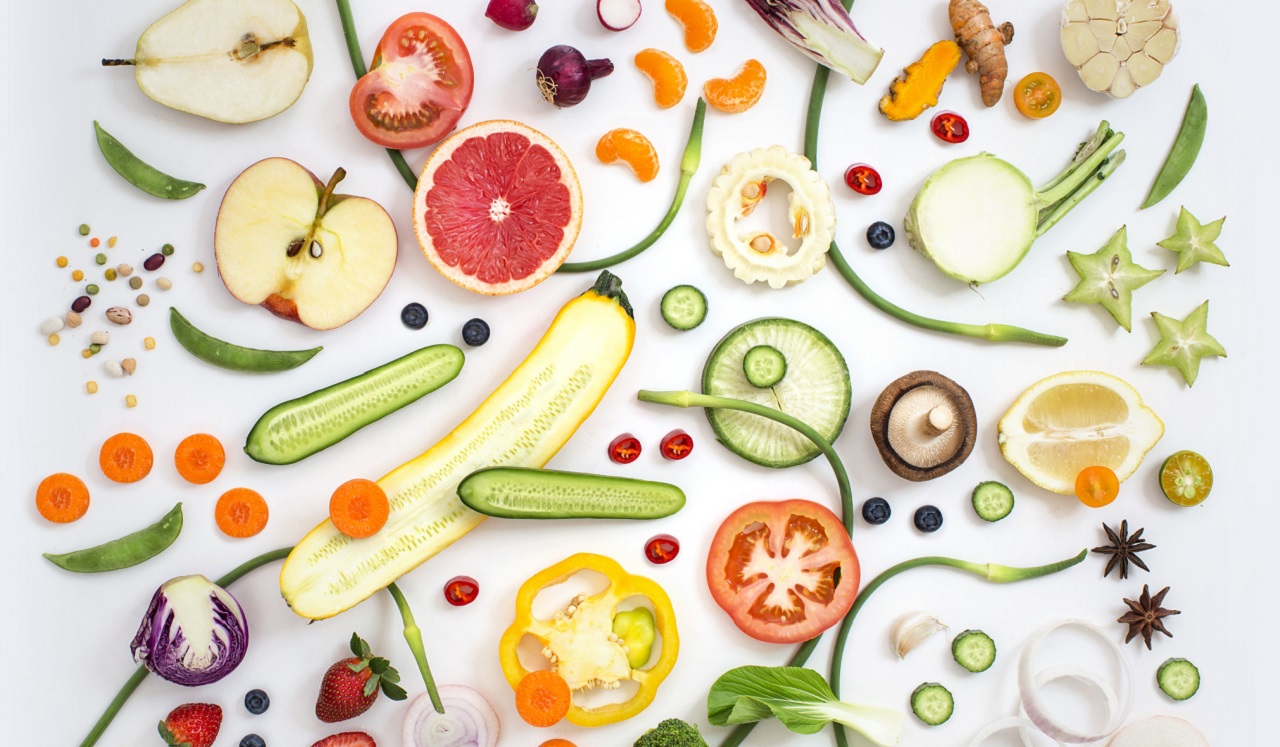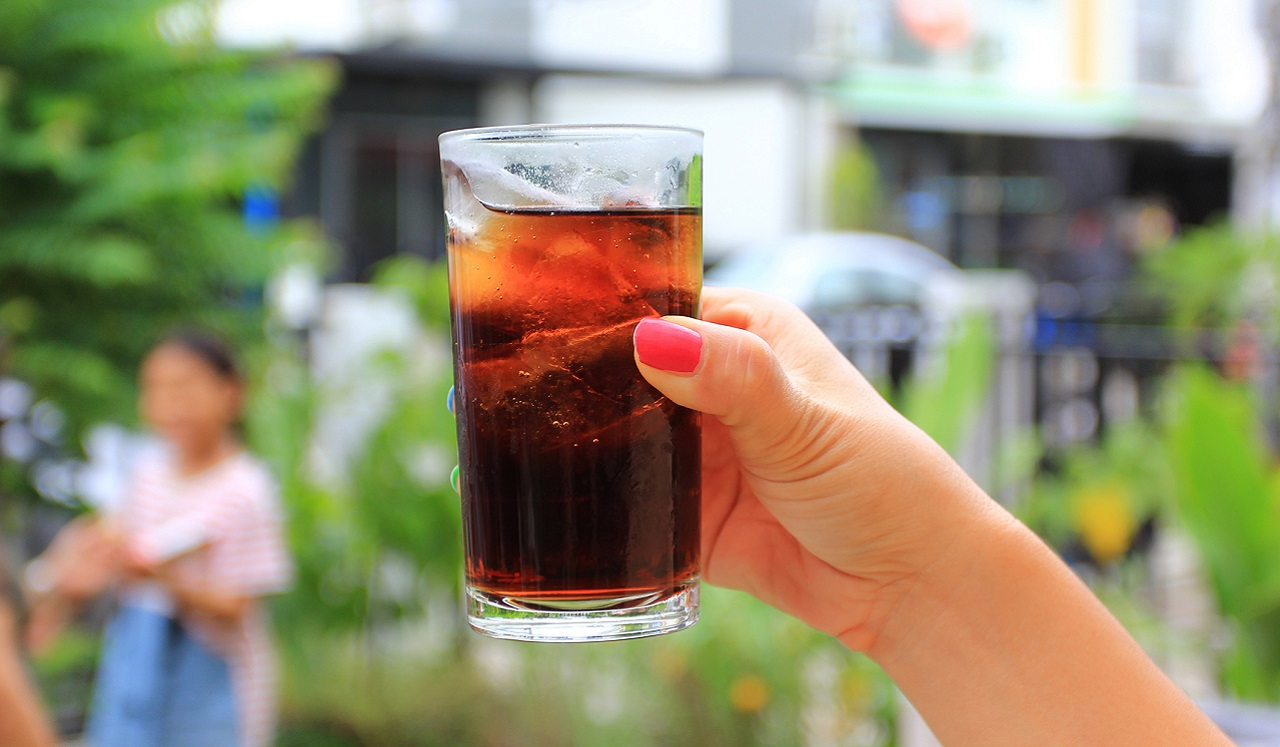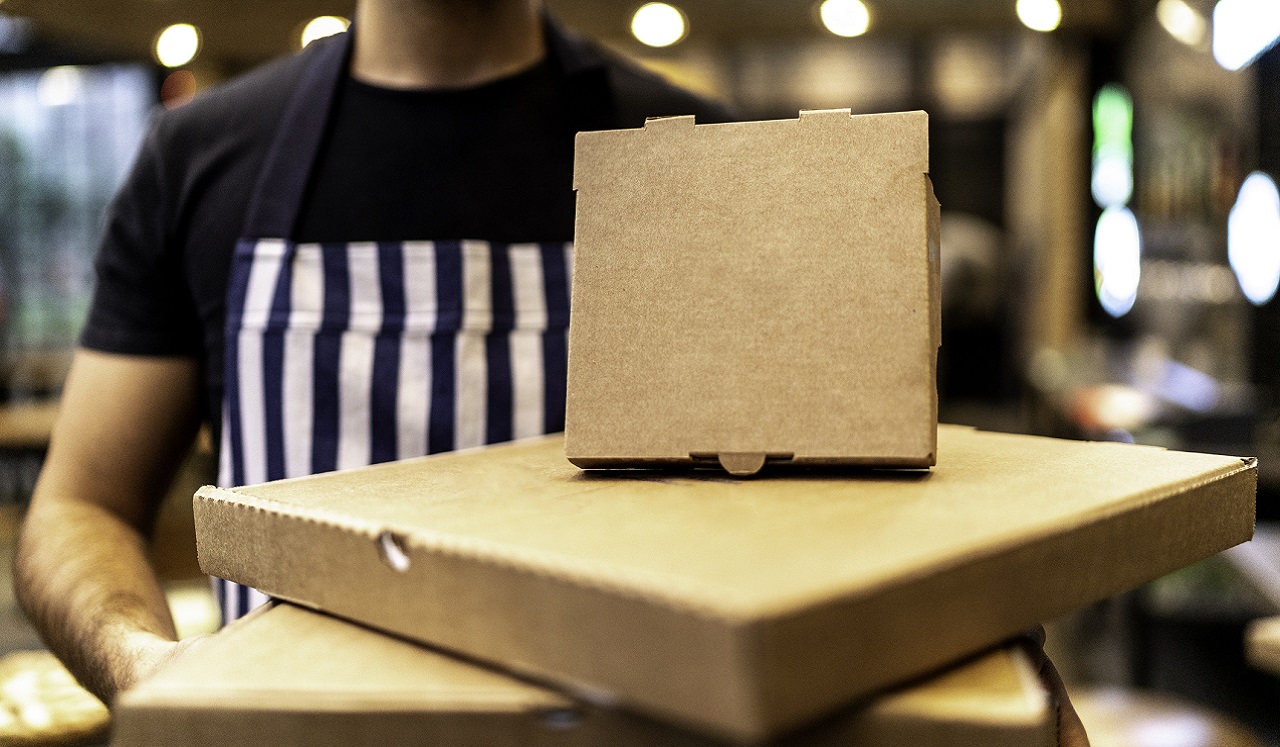If you’re having high anxiety—sparked or spiked by the coronavirus pandemic—you may be lifting your mood with sweet treats, jacking up with java to fight low energy or dulling depression with alcohol.
Those are all natural chemical attractions–but the romance is doomed, says Staci Larkin, RDN, registered dietitian at Memorial Hermann Katy Hospital.
According to Larkin, you crush on candy because sweets and hidden sugars fuel the body’s release of feel-good hormones serotonin and dopamine. But the bliss of a blood sugar rush is brief and, like a roller-coaster, the fall is as dramatic as the rise.
As for caffeine, it hikes another hormone, adrenaline, to stimulate the central and peripheral nervous systems as if you were facing a fight-or-flight danger. But that non-stop high alert raises anxiety, nervousness and the likelihood of panic and anxiety disorders, according to the American Academy of Child and Psychiatry journal.
Meanwhile, excess alcohol may dull depression short-term, but it also worsens sleep, and once the calm fades, negative emotions rebound even stronger, Larkin says.
How Much is Too Much?
Even before the pandemic, the average American consumed 34 teaspoons of sugar a day—or 100 pounds yearly, reports the U.S. Department of Agriculture Dietary Guidelines. That’s more than triple the recommended amount.
The guidelines also suggest curbing caffeine intake to 400 milligrams daily, and the Academy of Child and Adolescent Psychiatry suggests less than 100 milligrams daily for children.
When consuming alcohol, women should limit alcohol to a single glass (5 ounces) of wine and two glasses for men per day.
“It’s always good to check with your physician, especially if you have any medical problems or are taking any medications,” Larkin says.
Be a Sugar Sleuth
- Usa a Smartphone app such as LoseIt! or MyFitnessPal to detect surprising sources of sugar or caffeine. They lurk in many packaged and processed foods.
- Read labels, too. Java junkies should beware: Just 12 ounces of Death Wish® coffee has almost double the recommended caffeine (728 milligrams). A 16-ounce serving of Starbucks® cold brew grande yields 205 milligrams and McDonald’s® coffee, 145 milligrams. Colas typically have 30-50 milligrams per 12-ounce can. Caffeine Insider spills the beans on other beverages
- Yoplait strawberry yogurt has nearly five teaspoons of sugar (19 grams) in six ounces. A single can of cola packs 10 teaspoons of sugar (40 grams). Sugar also lurks in many refined or processed foods, including spaghetti sauce, bread, crackers, salad dressing and ketchup.
- Also check the list of ingredients of flavored bottled waters and teas. Makers may sweeten the deal with sugar—and calories.
Seek the True "Good Mood" Foods
Larkin suggests flattening the curve of excess blood glucose or caffeine by eating a well-balanced diet of fruit, veggies, whole grains, lean meats and healthy fats. Start the day with a breakfast that has protein, which can even out blood sugar levels.
The following vitamins and minerals help calm and squelch anxiety.
- Complex carbs. Unlike sugar, which has no nutritive value, fruits, veggies and whole grains provide energy steadily.
- Zinc. This anti-anxiety mineral helps our body make serotonins and exists in whole grains, kale, broccoli, leafy greens, legumes and nuts.
- Magnesium. Found in fish, avocado and leafy greens, this mineral is believed to calm.
- B vitamins. “These are your feel-good vitamins,” Larkin says. They’re found in whole grains, eggs, fruits, dark leafy greens, meats, dairy, seeds, nuts and legumes.
- Vitamin D. Salmon, egg yolks, mushrooms, fortified milk and cheese contain this vitamin.
- Omega 3. Salmon, fatty fish, egg yolks and flax seeds yield this healthy form of fat.
- “Stay within safe limits of vitamins and minerals,” she says. “More is not always better.”
- Probiotic foods. “Ongoing research suggests fermented foods help relieve depression and anxiety,” she says. These include yogurt, sauerkraut, pickles, kefir (a fermented milk product), kombucha (a fermented black tea), miso (a soybean paste or soup), tempeh (a soy meat alternative) and kimchi (a mix of fermented cabbage and vegetables).
- Water. Caffeine and alcohol do not hydrate as well as the original H2O, which you can buy flavored or sparkling. Larkin recommends 6-8 glasses a day to avoid dehydration which is a contributor to fatigue, inattentiveness and headaches
- And don’t forget movement. Exercise causes the body to release endorphins, our built-in pain relievers. Yoga and deep breathing also help relieve anxiety and depression.
“Get moving and get outside in nature. It relieves anxiety and helps improve mood and leads to more restful sleep,” Larkin says. “If you are exercising and eating well and still feel down or anxious, consider seeking help from a professional (therapist).”
Get Your Daily Dose of Health & Wellness
Sign up to receive the latest articles in your inbox.


